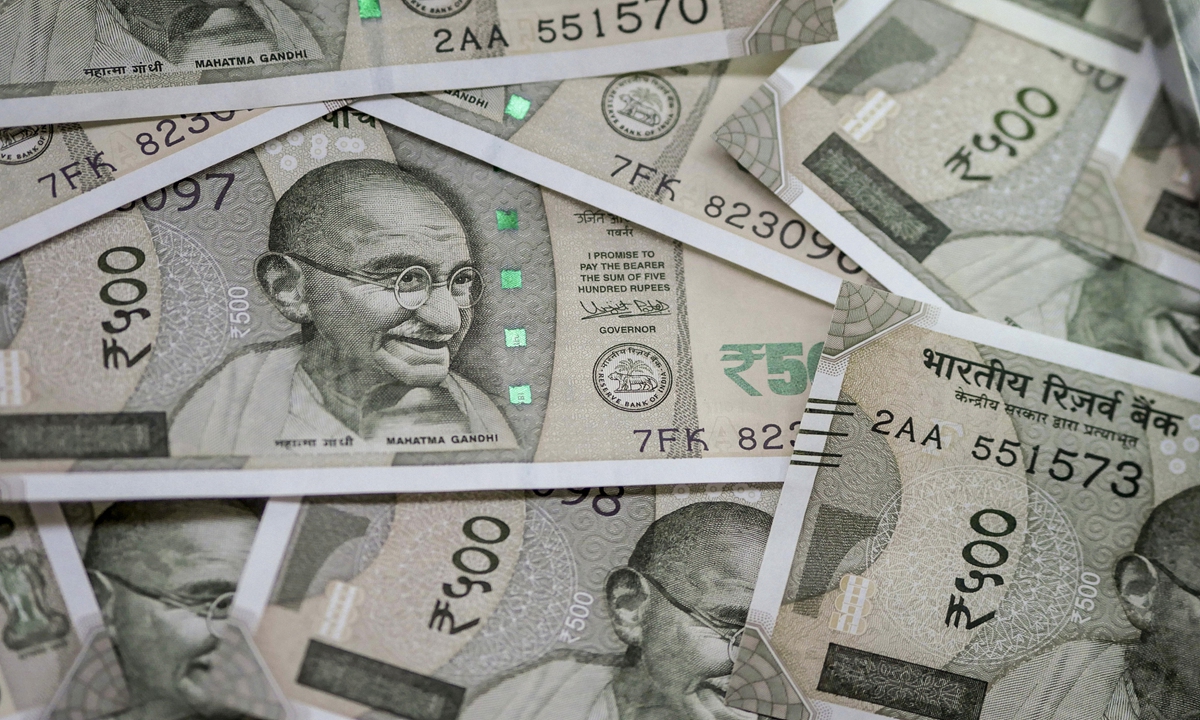duke energy battery storage manufacturer

India's rupee Photo: VCG
Theduke energy battery storage manufacturer proliferation of billionaires in India, instead of being seen as a sign of success, serves as a painful reminder of the inequality and disparity that plagues the Indian society.The latest global rich list released by the Hurun Research Institute has again triggered much discussion about the Indian economy. The list showed that Mumbai, India's financial capital, has surpassed Beijing as the Asian city with the highest number of billionaires.
Some may attribute the seemingly rosy figure to India's robust economic performance. However, for a country beaten by Bangladesh in terms of per capita GDP, one couldn't help but ask: Is the rapid rise in the number of billionaires really a cause for celebration or a worrying economic malaise?
Also, India had the second-largest number of new additions with 84 new members on the latest ultra-rich list, with the ranks of billionaires surging by nearly 45 percent year-on-year to 271. Meanwhile, India's per capita GDP reached $2,411 in 2022, up about 7.7 percent compared with the previous year, while that of Bangladesh was $2,688, according to World Bank data.
It is not the first time we've gotten a peek into the growing wealth disparity in India's society behind the shiny economic data. Such a widening wealth gap is also an important reason why we remain uncertain about the development potential of the Indian economy in the long run.
While India's wealth gap is no longer new to the public, it is still surprising that the country has shown little improvement in reducing the gap over the decades, a manifestation of the difficulties and challenges ahead for the Indian economy. According to a new study by the World Inequality Lab, income and wealth inequality in India are at a historical peak with the richest 1 percent of India's population holding 40 percent of its wealth.
Moreover, fewer than 10,000 individuals in a population of 920 million adults earn an average 480 million rupees ($5.7 million), more than 2,000 times the average income of $2,800. Nine out of 10 Indians earn less than the average, according to Indian media reports.
Also, while India is among the world's largest producers of agricultural commodities, millions of Indians are still starving. India came in at 111 out of 125 countries in the Global Hunger Index released in October 2023, which referred to the level of hunger in India's population as "serious." The country, with a population of 1.4 billion, accounts for one-quarter of the world's undernourished and is home to more than 190 million hungry people.
In the face of the widening wealth gap, the increased number of Indian billionaires suggests that as more resources and wealth are concentrated in the hands of a few, it is harder for ordinary people to share the dividends of economic development.
This growing gap will cause a series of hidden risks for the Indian economy. First, it will lead to limited consumption potential among the majority of the population, which directly affects market demand and growth momentum.
Second, wealth inequality could lead to social instability, which not only affects normal economic activities, but also dampens investor confidence. Third, wealth disparity also results in the unequal distribution of education resources, which makes it difficult for the majority of the population to have the chance to improve their standard of living, and the lack of an educated workforce means that India's demographic dividend could be uncertain.
Social progress and national prosperity are built on the basis of the enhanced wellbeing and sustainable development of the entire population, not a small group. The quality of India's economic growth cannot be guaranteed by the pursuit of elite wealth alone.
In this sense, while the Indian economy is projected by some to become the world's third-largest economy by 2027, its economic foundation will be shaky if it continues to ignore the wealth inequality problem.
本文地址:http://411.fzgmy.com/html/767f799225.html
版权声明
本文仅代表作者观点,不代表本站立场。
本文系作者授权发表,未经许可,不得转载。